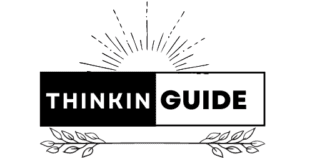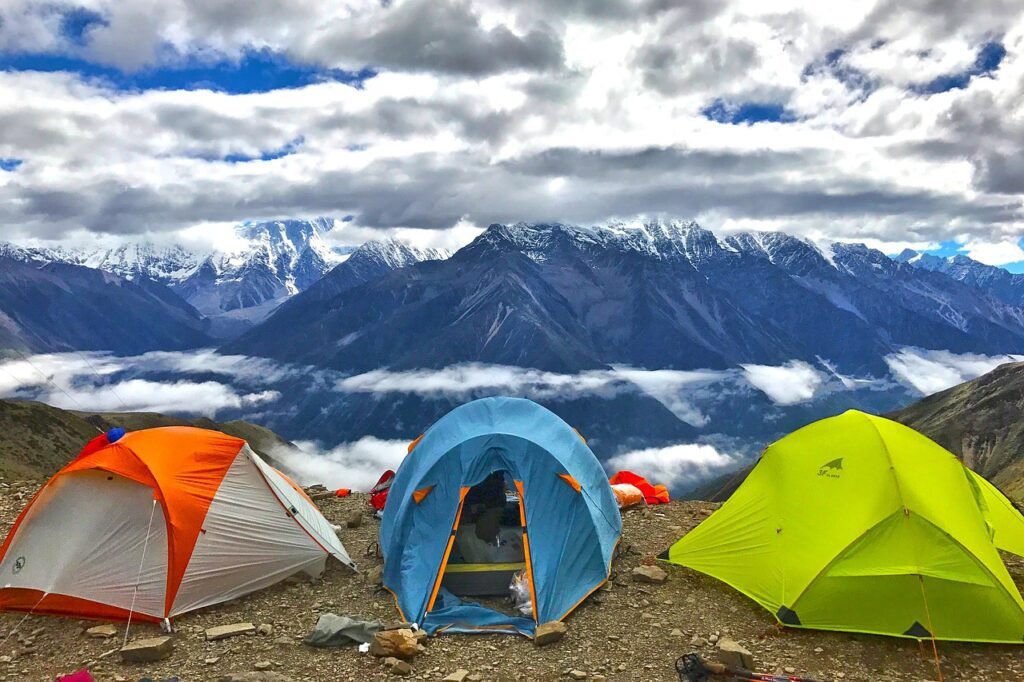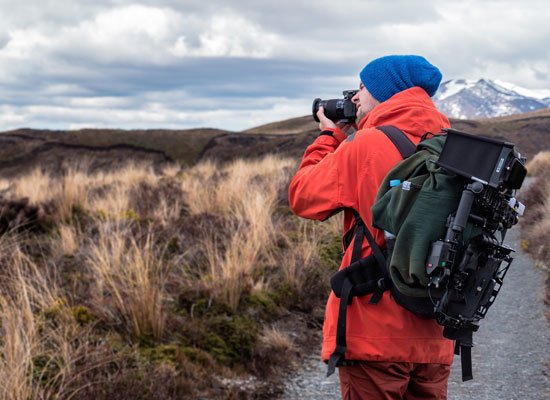|
Getting your Trinity Audio player ready...
|
Camping is more than just setting up a tent in the wilderness; it’s a chance to disconnect from the hustle and bustle of everyday life and connect with nature. Whether you’re a novice camper or a seasoned outdoors enthusiast, this comprehensive camping guide will equip you with the knowledge and skills needed for a successful and memorable camping experience.
What is Camping?
Camping is an outdoor recreational activity that involves spending time in natural environments, typically away from urban areas. It often entails setting up a temporary shelter, such as a tent, and enjoying activities like hiking, fishing, and cooking over an open fire.
How Do Beginners Start Camping?
Choose a Beginner-Friendly Location
Beginners should start by selecting a camping destination with accessible facilities, like designated campgrounds with restrooms and potable water. State parks and national parks often provide great options for novice campers.
Gather Essential Gear
Invest in essential camping gear, including a tent, sleeping bag, cooking equipment, and appropriate clothing. Opt for user-friendly gear designed for beginners.
Learn Basic Camping Skills
Familiarize yourself with basic camping skills such as setting up a tent, building a campfire, and identifying local wildlife. Online tutorials and camping classes can be valuable resources.
How Do I Prepare for Camping?
Check the Weather
Before you head out, check the weather forecast for your camping location. Dress appropriately and pack accordingly to stay comfortable in various conditions.
Make Reservations
If you plan to camp in a popular area, make campground reservations well in advance, especially during peak seasons.
Notify Someone
Inform a trusted friend or family member about your camping plans, including your location and expected return date, for safety reasons.
How Do I Make a Camping Checklist?
Essential Gear:
- Tent and stakes
- Sleeping bag and sleeping pad
- Cooking equipment (stove, cookware, utensils)
- Clothing (layers for varying temperatures)
- First aid kit
- Headlamp/flashlight with extra batteries
- Multi-tool or camping knife
- Water purification method (filter, tablets, or iodine)
Food and Cooking:
- Food (non-perishable items are best for longer trips)
- Cooler and ice packs (for perishables)
- Water bottles or hydration system
- Plates, utensils, and a portable coffee maker
Personal Items:
- ID and camping permits (if required)
- Maps and navigation tools
- Toiletries and personal hygiene items
- Sunscreen and insect repellent
- Camping chairs or portable seating
Miscellaneous:
- Trash bags and ziplock bags (for waste and storage)
- Entertainment (books, cards, or games)
- Backpack or daypack for day hikes
- Campsite reservation confirmation
How Do I Plan a Simple Camping Trip?
Choose Your Destination
Select a camping destination that suits your preferences, whether it’s a beach, forest, or mountain setting. Research nearby attractions and activities.
Plan Your Itinerary
Create a rough itinerary that outlines your camping trip’s duration, including activities, meals, and rest times.
Pack Thoughtfully
Refer to your camping checklist and pack your gear, food, and personal items accordingly. Keep weight in mind if you’re hiking to your campsite.
Safety First
Prioritize safety by familiarizing yourself with local wildlife, campfire regulations, and emergency procedures. Follow Leave No Trace principles to minimize your environmental impact.
What is the Process of Camping?
Setting Up Camp:
- Choose a suitable campsite that adheres to park regulations.
- Set up your tent, ensuring it’s secure and level.
- Organize your camping gear and establish a designated cooking area.
Campfire and Cooking:
- Build a campfire in designated areas, following fire safety guidelines.
- Prepare meals using your camping stove or open flame, following food safety practices.
Exploration and Enjoyment:
- Explore the natural surroundings through hiking, fishing, or other outdoor activities.
- Take in the beauty of nature, relax, and enjoy the tranquility of the outdoors.
What is Minimalist Camping?
Minimalist camping, also known as “ultralight camping,” is a practice of camping with the bare essentials, focusing on simplicity and reducing pack weight. Minimalist campers often carry only the most essential gear and prioritize multi-purpose items to enhance mobility and efficiency. This style of camping is ideal for those seeking a lightweight and minimalist approach to the outdoors.
In conclusion, camping offers a unique opportunity to escape the daily grind and immerse yourself in the beauty of nature. Whether you’re a beginner or an experienced camper, careful planning, safety awareness, and a spirit of adventure are key to a successful camping trip. So, pack your gear, choose your destination, and embark on a memorable outdoor adventure—it’s time to embrace the wilderness and create lasting memories. Happy camping!





